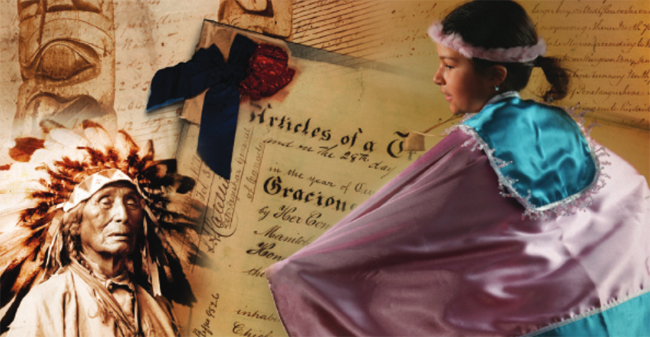Specific Claims Tribunal revitalized
 By Joey Krackle
By Joey Krackle
Specific Claims Tribunal Chair Justice Slade when interviewed recently stated that he was confident that the new government would add new justices as he had spoken with Justice Minister Wilson – Raybould and his term was just renewed. The Tribunal’s most recent report emphasized that this body could handle more cases if additional judges were appointed. The previous government was slow to appoint additional judges.
Following the signing of a political agreement between the Assembly of First Nations and the Government of Canada, the Specific Claims Tribunal Act was introduced in 2007 and passed in 2008. This political agreement provides for additional discussion on improvements in the resolution of specific claims not directly addressed in the legislation, including matters related to claims that exceed the monetary cap of $150 million. Specific claims arise from the alleged non-fulfillment of historic treaties between First Nations and the Crown, or improper administration of First Nations lands and other assets by the Crown. Cabinet deals with claims over $150 million.
The Tribunal is a non-confrontational body which uses a case management approach to resolve accepted claims. This Tribunal can travel to the local community and does not use a traditional court setting
The Tribunal is chaired on a full-time basis by Justice Harry Slade of British Columbia and has three part-time justices namely Justice Johanne Mainville of Quebec, Justice Patrick Smith of Ontario and Justice Lawrence Whalen of Sault Ste. Marie, Ontario.
Aundeck Omni Kaning First Nation filed a claim in with the Specific Claims Tribunal 2012 and this claim is scheduled for a case management teleconference on Feb. 15 with Justice Lawrence Whalen presiding. AOK claimed that the Crown breached its legal obligation under the Indian Act. The issue in dispute is the payment of an amount of approximately $500 by the Government of Canada to George Abotossaway for two children who were not members of this community. Mr. Abotossaway was a member. The payment was made from band trust funds.
“This breach of Canada’s Treaty obligations are not the way a Nation-to-Nation relationship works and we are taking this stand to protect and preserve our Aboriginal and treaty rights,” said Chief Patsy Corbiere.
Aundeck Omni Kaning First Nation is located on the North Channel on the shore of Manitoulin Island on Highway 540, five kilometres west of Little Current, Ontario. This First Nation has 809 citizens, with half living on reserve. This community is recognized for its language and cultural revitalization program. Aundeck Omni Kaning has established the Wabuno Fish Farms which raised and processes rainbow trout for domestic and export markets. This community also is known for its eco-tourism business with its company Endaa-aang Tourism.
In November 2011, the Senior Assistant Deputy Minister of Indian Affairs (INAC), wrote to the Chief of this First Nation acknowledging that the payment of the above amount “was not authorized by law, and thus Canada breached its fiduciary duty.” This letter accepted the claim for negotiation.
In March 2012, an Assistant Negotiator, in the Specific Claims branch of INAC, wrote to the current chief that if the INAC offer was not accepted by a Band Council Resolution by June 28, 2012, this offer will expire and the file will close. No negotiation occurred.
The Aundeck Omni Kaning First Nation argues that the INAC by making a final, take-it –or leave – it offer coupled with the closing of the file was a breach of Her Majesty’s treaty and lawful obligation to resolve matters in good faith and on a government-to-government basis, as well as a breach of the Honour of the Crown. This community in its Declaration of Claim further stated that the INAC offer was not based on legal principles and did not reflect the state of the law in Ontario or Canada, nor did it reflect the stated policies of Canada, which asserts that compensation claims shall be “based on legal principles.”


